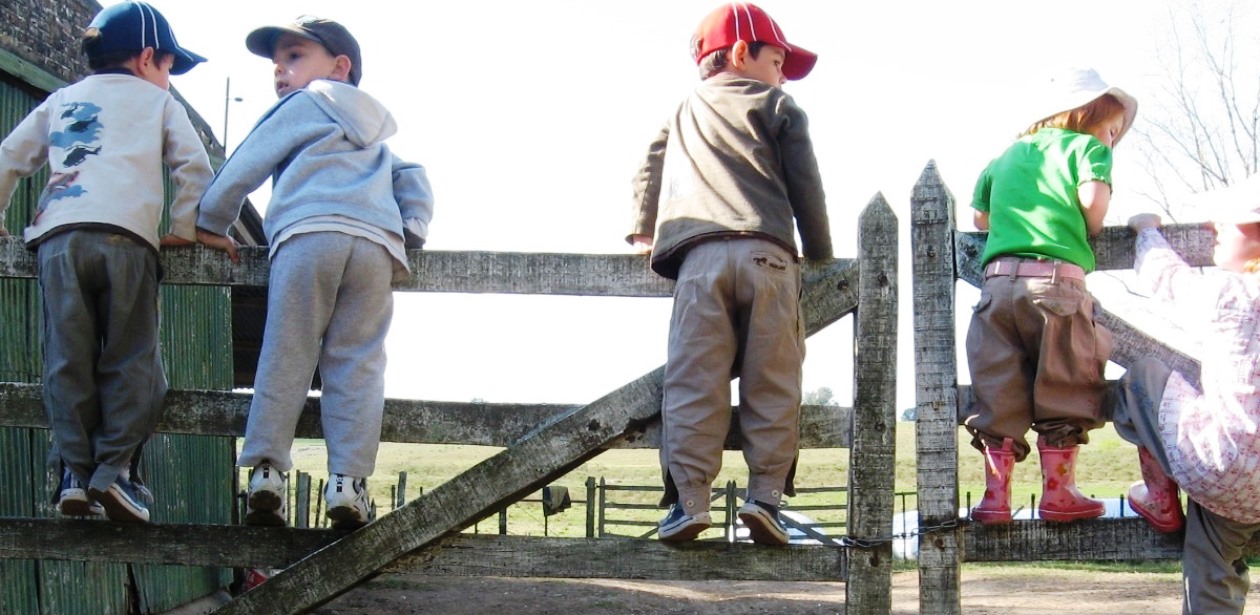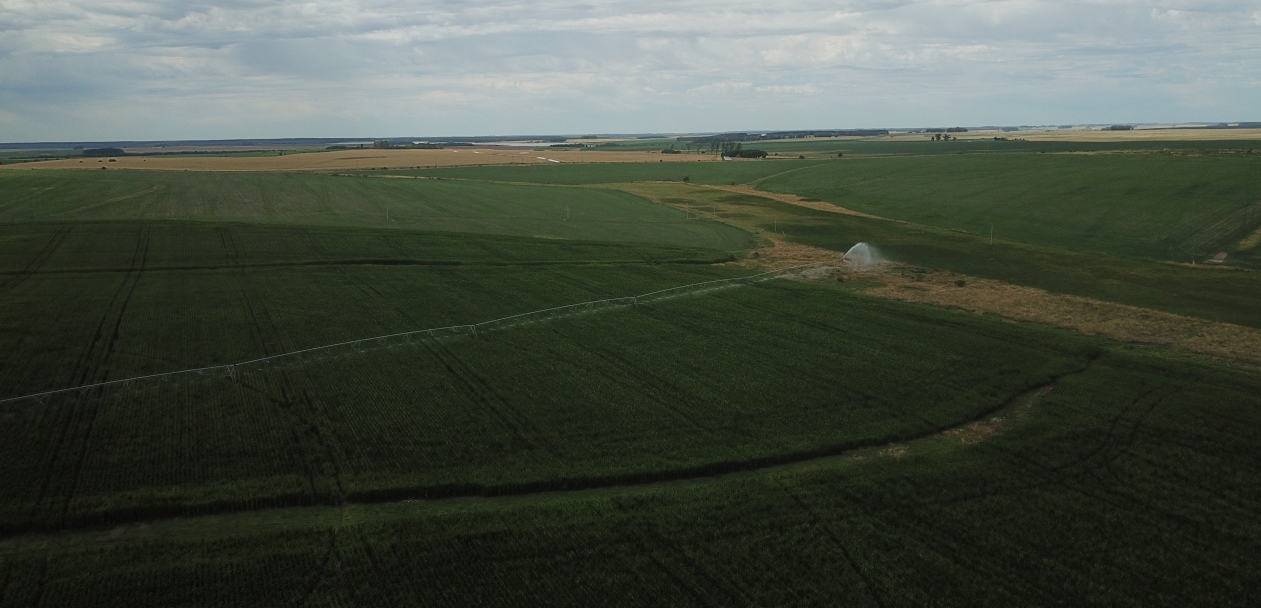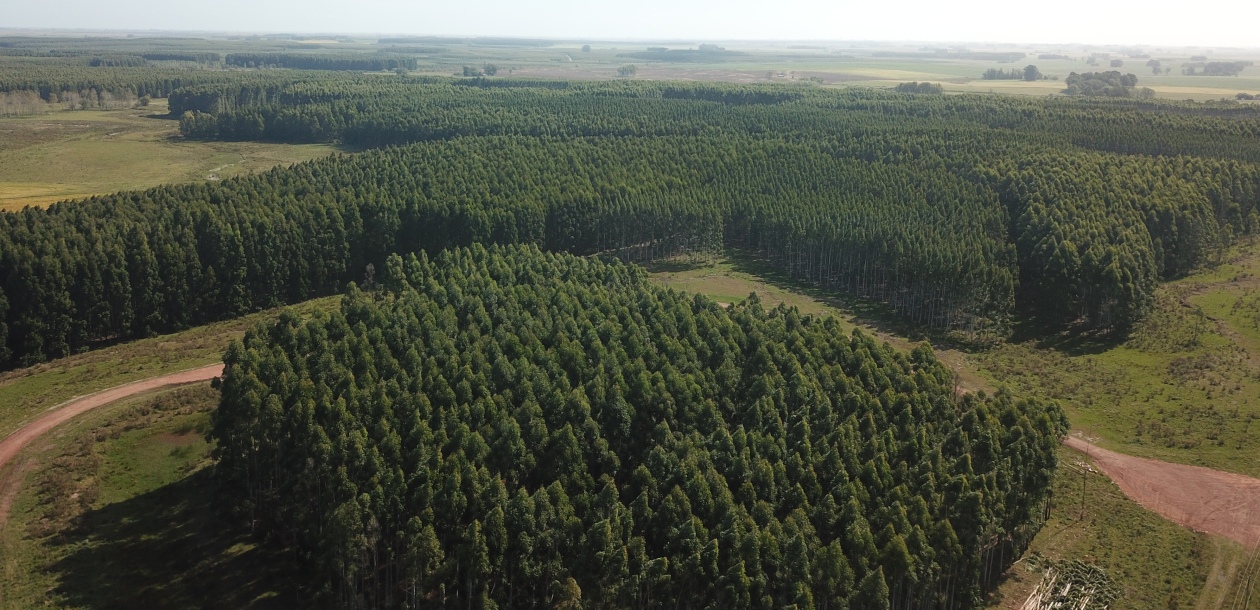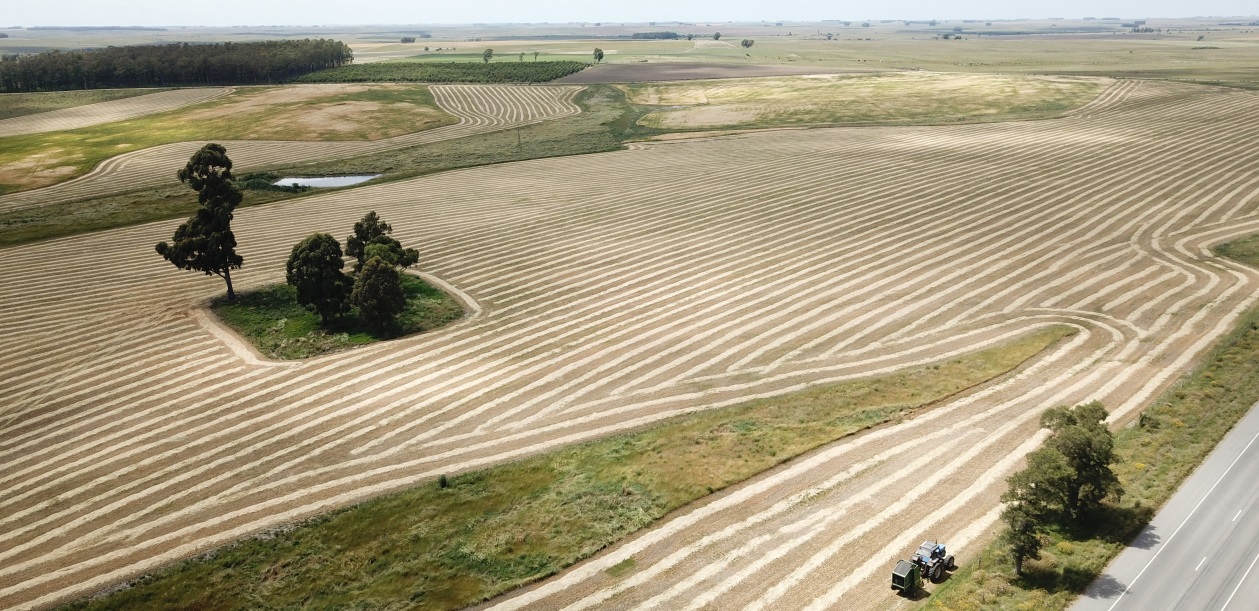High net worth investors are increasingly looking at agricultural opportunities in Uruguay, given rising inflation, war in Ukraine and other socio-political circumstances that concern many people worldwide.
I have seen how poor partner choice and lack of prior planning, improper asset management selection and a failure to embrace the culture can quickly sour promising investments in Uruguay. Here are the five key mistakes new investors make in Uruguayan agriculture and how to avoid them.
- Get your objectives clear
Sometimes international investors, particularly absentee investors, buy assets without having clearly communicated their own objectives. It is important to prioritize between annual returns, wealth preservation, land appreciation, production of a certain agricultural product, sustainability goals and Uruguay as a safe haven for capital and family (rural residence). Each objective is important in the selection of the right asset and management type and can lead to a different choice in decision-making.
It is important to work with people who listen to you and try to understand your objectives. In the end, it´s your money that is on stake and you know best why on earth you consider bringing your money to Uruguay.
- Work with experts in farming
Offering rural assets is intricately connected to expertise about soil productivity, market prices for grains and livestock, detailed lease arrangements, legal requirements for landowners. Too often sales people offer nice looking properties with canned stories about the unlimited potential of certain farms. Without proper advice of local experts with boots on ground experience, you may easily be led to nice looking but unsuitable rural properties. Proper scale of rural assets, lack of sales opportunities (wines, olives), international branding and specific local production costs can make that certain investments are not as attractive as they may be in other parts of the world.
- Be aware of unethical professionals.
Unfortunately, as everywhere in the world you may find that not all professionals will handle your investment project with the ethical standards you would wish. Be aware of hiring the right lawyer and not the law firm that is actively working as a broker and shares revenues with the sales agents. You will prefer unbiased and ethical assessment of a transaction and you will try to avoid the law firm where greed takes over. Do your research and ask around for reputable recommendations. Try and build trustworthy relationships with people involved before investing.
- Do your homework
Try and understand value chain from planting to maintenance, harvesting, transportation and shipment or production. Think about outsourcing providers and lease versus own operations. Analyze the tax implications.
- After sale service
Absentee investors need a trustworthy local manager. Failing to secure one is one of the most common ways for an agricultural investment to end in disappointment. Many investors try to use the former land manager or property owner as an asset manager. However straightforward this seems, they might not be financially or otherwise qualified to manage your asset, or may not agree with your long-term investment strategy. Take your time finding the right manager – they will save you thousands of dollars in travel expenses and lost profits down the road.
One of the most common problems are international investors assuming processes should move at the pace they are accustomed in their home country. When events, either legally or procedurally, do not happen as quickly as they would like, investors can become frustrated with the community and local management. As an absentee investor you are, to a certain extent, asking the community surrounding your investment to watch over it while you are away. Uruguay has a different pace and tradition yet it is good place for investment. Read about it in this article by The Economist.






